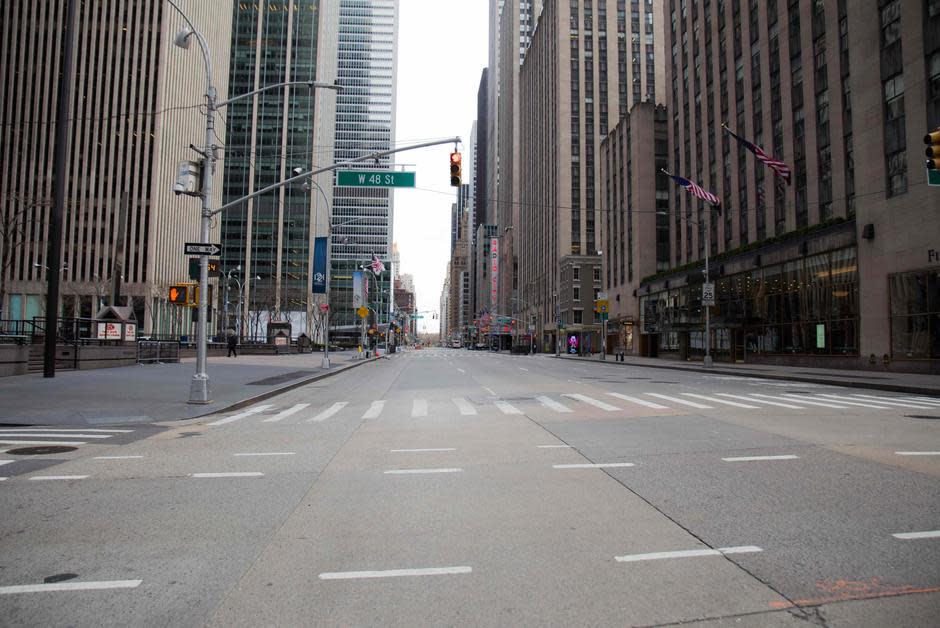Bergoglio and I, two characters who couldn’t be more different than that. And instead it went smoothly … perhaps thanks to the common Piedmontese origins. Carlo Petrini, founder of Slow Food, smiles remembering the long chats with the Pontiff – one from 2018, one from 2019 and one from March 2020, in full pandemic – which gave life to his latest book, Terrafutura. Dialogues with Pope Francis on integral ecology, released yesterday by Giunti and presented at the Vatican Radio headquarters. A book for charity (the proceeds will go to a new center of the Laudato si ‘Communities, aggregations of citizens born after the Amatrice earthquake) which, in addition to direct confrontation with the Holy Father, analyzes through five themes – biodiversity, economy, migration , education, community – today’s world.
–
Definitely to change, according to both interlocutors.
–
Yes, we found ourselves very aligned. Even though I am an agnostic … I told him right away, and he replied that I am a pious agnostic, because I trypietfor nature.
–
And he also added that a noble attitude.
–
We agree that having this sensitivity today is the only way to try to change things. He has it too, he wrote a very powerful encyclical in 2015, the Praised, in which he introduces the concept of “integral ecology” which gives the title to this book. The scope of that document in my opinion has not yet been understood. Not from the secular world, which considers it a religious writing, or from the Catholic world, which considers it an ecologist. Not an ecological encyclical, a social encyclical.
–
Because the two things coincide.
–
Of course: the environment not disconnected from the society that inhabits it. We too are ecology, as the Pope says. Until we understand it, nothing will be resolved. We will continue to subject the earth, the seas, the ecosystems to such degradation that it risks becoming an irreversible disaster.
–
How to reverse the march?
–
The first things that come to my mind are small, personal: don’t waste food, reduce the use of plastic and focus on relationships, not profit.
–
From your dialogues it emerges that the Pope in his residence uses a single plastic bottle, which he recycles, and that the light from the house comes from solar panels.
–
The beauty of these informal conversations that span: with minute examples we talk about great things. the value of dialogue: the human component.
–
In the book his Santit cites bagna cauda and tajarin. Secondly, at home, he ate Argentine asado.
–
As a gastronome I talked to him about food and we agree that it is a bridge, a means of mutual knowledge, and that all the cultures of the world derive from crossbreeding. Because the world is born from migrations, the same that today we want to stigmatize as if the problem were our fellow men who suffer and not a system that oppresses. The Pope says: without migration and without children, what future awaits us?
–
You have formulated, speaking, several attacks: on populism, selfishness, consumerism, the savage economy, finance that paper
–
The Pope calls them today’s viruses. But that’s right: you die of capitalism, just think of the people who died at work for exploitation. Populism frightens the minds and closes the borders. The idea that we live to maximize our well-being must be changed: by homo oeconomicus we must becomehomo comunitarius.
–
Anything you didn’t agree on?
–
I pointed out that the Catholic Church has always mortified pleasure. And the Pope made an extraordinary reasoning: he said that it is not so, that human pleasure is accepted. The pleasure of eating is used to keep us healthy, while the sexual pleasure is done to make love more beautiful and guarantee the continuation of the species. It struck me a lot. After all, his Holiness, as bishop, showed Babett’s lunche, his favorite film, to seminarians to explain the concept of gift. It doesn’t seem like little to me.
–
–
8 September 2020 (change 8 September 2020 | 23:16)
© REPRODUCTION RESERVED
– .


